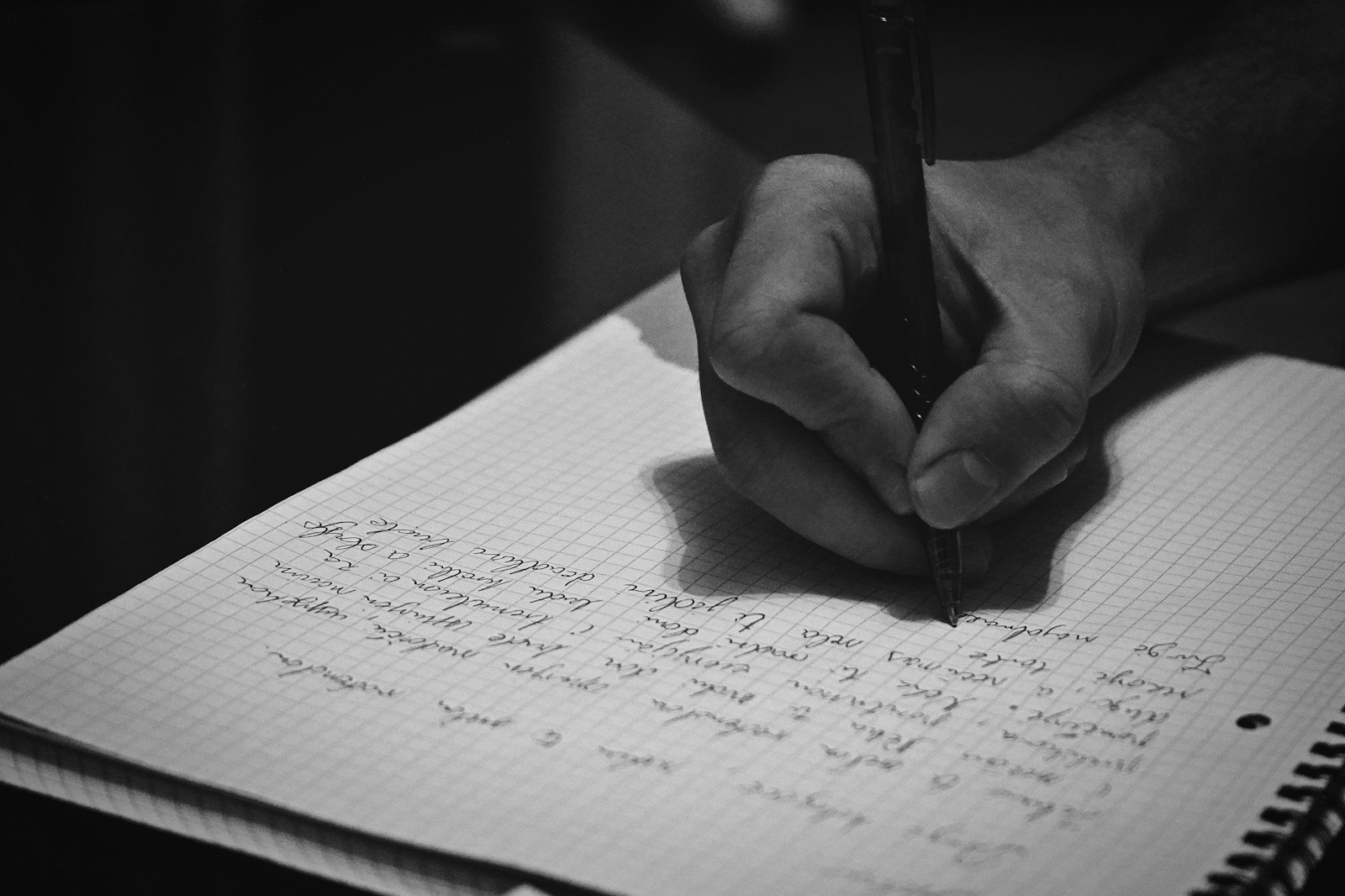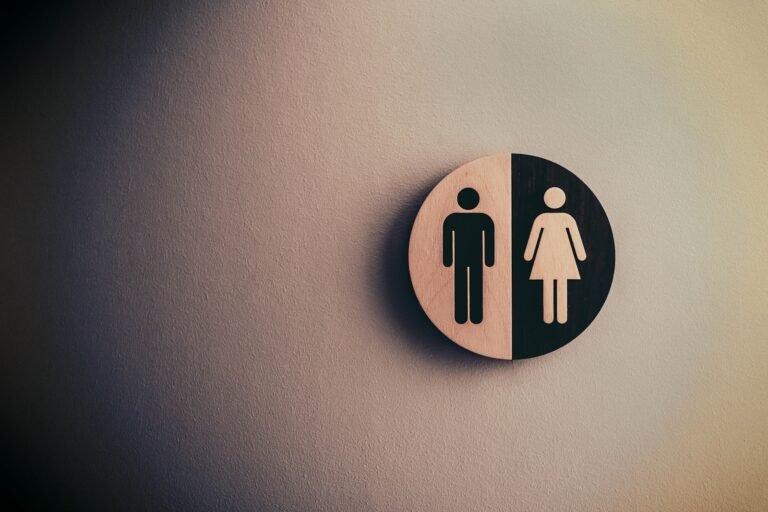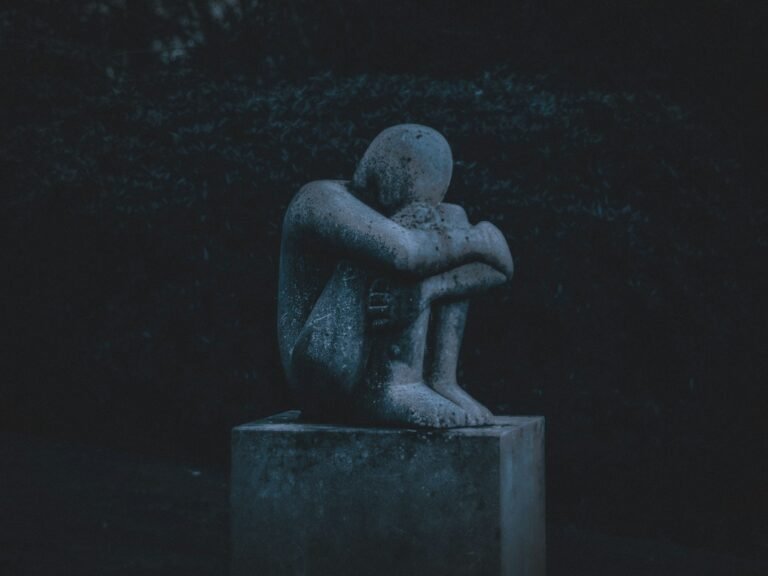What I Wish I Knew at 25: Chronic Pain, Career Choices, and Protecting Your Future
When you’re 25, you think you have time.
You think your body will bounce back, that working harder will eventually pay off, that one day you’ll arrive at a version of your life where everything feels stable.
But chronic pain has its own timeline. It doesn’t care about your plans.
I was 25 when I finally admitted pushing through wasn’t working. From the outside, I looked like I had it together. Debt-free after school, steady corporate job, a solid track record in construction and running my own painting business. Inside, my body was breaking down.
Every night I came home from Xerox, I collapsed. My joints ached. My back locked up. My brain felt fogged from pushing through meetings. I wasn’t lazy. I wasn’t ungrateful. I was burning out.
No one gave me a blueprint for chronic pain career advice. I had to write one the hard way. Looking back, here’s what I wish someone had told me.
1. You Are Not Lazy for Listening to Your Body
The trades culture I grew up in drilled one rule: if you’re not hustling, you’re wasting your potential.
So I worked through flare-ups. Smiled through brain fog. Paid for it later with days stuck in bed.
Here’s the truth:
- Rest is strategy, not weakness.
- Saying no isn’t giving up, it’s career sustainability.
- Chronic pain means you’re already carrying more than most people can see.
If you’re in your 20s and exhausted, don’t gaslight yourself into “trying harder.” You’re not broken. You’re running a marathon with sandbags.
2. Your Work Should Not Consume All of You
At 25, I thought working 70–80 hours was the ticket to future freedom. But chronic pain doesn’t wait until you’ve “earned” a break.
The turning point was moving into remote work. Flexibility gave me back some control:
- Flexible hours: I worked in deep focus bursts instead of forcing 9–5.
- Three work zones: standing, seated, and reclined so my body wasn’t trapped.
- Strategic breaks: instead of pushing through pain, I took 10 minutes to stretch, walk, or ice my knees.
If you’re job hunting now, look for:
- Remote-first companies
- Project-based contract work
- Roles where outcomes matter more than hours in a chair
You don’t need to wait until your body forces you to stop. Build a sustainable model now.
3. Money Buys Options — Start Early
Pain steals energy. Options buy it back.
In my 20s, I spent recklessly on nights out, gadgets, and distractions. I didn’t realize money wasn’t just for fun. It was a lifeline.
By 32, still in chronic pain, I started investing seriously. My first big win? Pot stocks in 2017. I rolled those gains into a down payment, turned that house into a rental, and eventually created income streams that let me live nomadically and work remotely.
What I learned:
- Start small, but start. Even $100/month compounds.
- Build multiple income streams (freelance + investing + rental).
- Use money to buy recovery: therapy, better gear, household help.
The Arthritis Foundation calls financial planning a critical part of living well with chronic illness (source). They’re right. Options equal freedom.
4. Pain Will Change You — Let It
At 25, I thought my worth was tied to how much I could endure.
But pain stripped away everything performative. What was left?
- Systems thinking
- Resilience
- A deeper definition of success
Success isn’t how much you can do. It’s how sustainable your life is.
Let pain change your priorities. That’s not defeat that’s adaptation.
The 4 Rules of Chronic Pain Career Planning
- Design for Flexibility, Not Perfection
Your setup should let you rotate between work modes: standing, seated, reclined. - Think in Energy, Not Hours
Budget your best energy for high-value work. Save “low-energy tasks” for flare days. - Use Money as a Shield
Savings and side income give you leverage to say no to toxic roles. - Anchor Identity Beyond Output
You are not your productivity. Build self-worth around adaptability and resilience.
What I’d Tell You If We Were Having Coffee
If we were sitting across from each other right now, here’s what I’d say:
- Take care of your body now. Don’t wait until it collapses.
- Learn money skills early. They’ll give you leverage later.
- Be brutally honest about how much you can carry.
- Don’t fake “fine” to protect other people’s comfort.
- Remember: chronic pain doesn’t get the final word. You do.
Final Word: Keep Going
If you’re 25, 35, or 45 and already behind in ways no one else sees, you’re not failing. You’re just living a reality most people never have to face.
The blueprint I never got? You’re holding it now.
Don’t wait until your body forces you to stop. Build your life around what works. Protect your future. One decision at a time.
Suggested Reads
- My Remote Work Setup for Chronic Pain: 7 Essentials That Saved My Career → How I designed my workspace to keep me functional
- 10 Items That Made Remote Work Bearable With Chronic Pain → The gear that reduced my daily fight
- When Chronic Illness Took My Body, It Took My Identity Too → How I rebuilt after pain stole my first identity






